On 22 September, the European Commission published a draft Delegated Regulation amending Delegated Regulation (EU) No 305/2013 supplementing Directive 2010/40/EU of the European Parliament and of the Council with regard to the harmonised provision for an interoperable EU-wide eCall. Below, you can find EENA’s feedback on the draft.
The European Emergency Number Association welcomes the publication of the draft delegated regulation by the European Commission and the opportunity to provide feedback.
EENA welcomes the transition to eCall using IP Multimedia Subsystem (IMS) over packet-switched networks. Compliance with revised and new standards is necessary to ensure a seamless transition and EENA welcomes the reference to these new norms in the draft text. Such change should come together with the PSAP’s capability to receive, answer and process emergency communications through packet-switched technology.
EENA also welcomes the requirements on PSAPs to be able to receive optional additional data in the Minimum Set of Data (MSD) as the lack of possibility to receive and process such data limited its benefits. Additional data facilitates faster qualification of emergency situations in the PSAP and increased situational awareness for emergency responders.
EENA notes the proposed date for application of the provisions of the regulation (i.e. 01 January 2026) and considers that Member States should take account of it in their preparation of roadmaps on upgrading the national PSAP systems in order to be able to receive, answer and process emergency communications through packet-switched technology in accordance with the requirements of Commission Delegated Regulation (EU) 2023/444 supplementing Directive (EU) 2018/1972. These roadmaps must be submitted to the European Commission by 5 December 2023.
On a point of detail, EENA considers that the amended definition for an “emergency control centre” should be revisited as the current wording limits the role of such an entity to the handling of contextual data only. This is not in line with the original definition nor is the definition consistent with the terminology used in Directive (EU) 2018/1972.
Finally, EENA also expects more clarity on the situation of legacy eCall systems support after the shutdown of 2G/3G networks. Vehicles equipped with eCall systems based on circuit-switched networks will still be in circulation for many years. In our view, a solution should be found to ensure that PSAPs can still receive eCall alerts from all applicable categories of vehicle that have gone through the type-approvals process since 31 March 2018.
